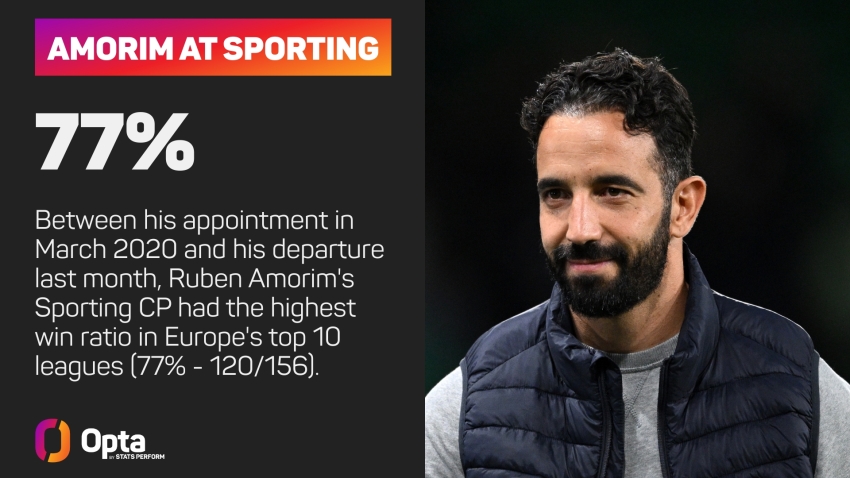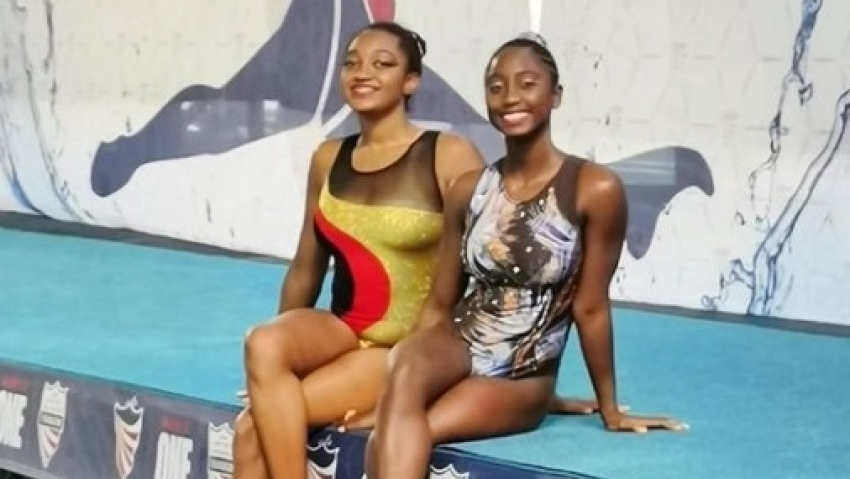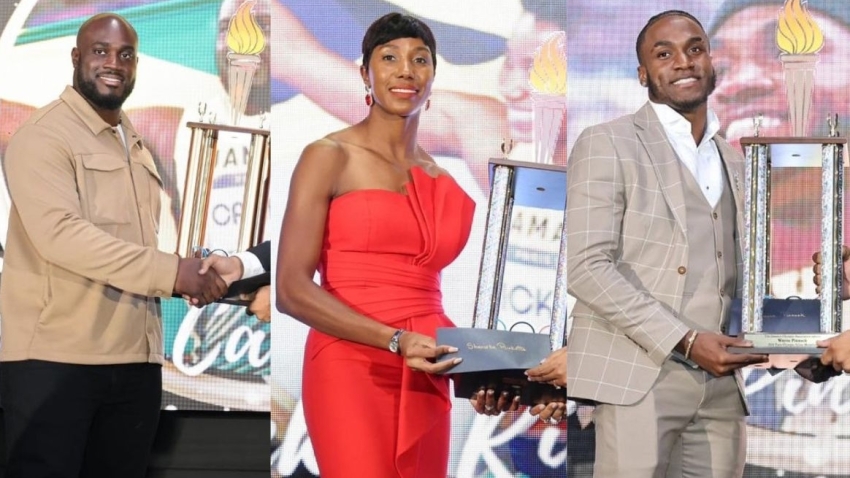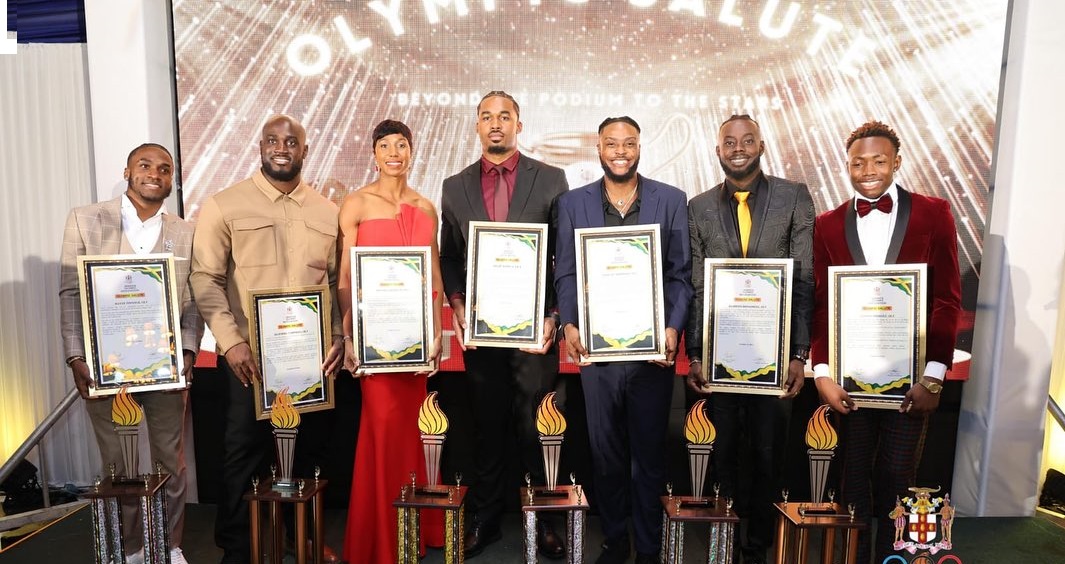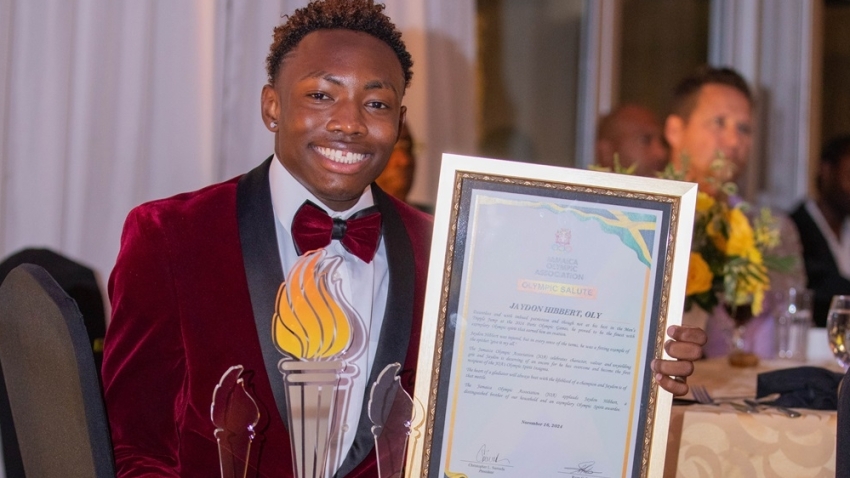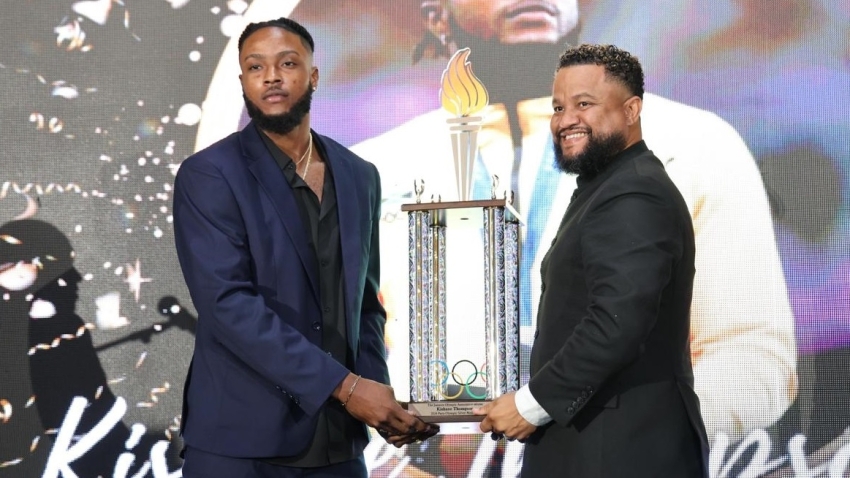The Amateur Swimming Association of Jamaica (ASAJ) is brimming with pride over the advances made in the discipline of artistic swimming.
For the first time, Jamaica was represented at the Junior and Youth International Open held in the United States and Nyouka Baugh and Sarah Anderson placed seventh and eighth in their respective categories at the United States-hosted event.
Baugh competed in the Nation Teams Division, while Anderson took part in the Club Division. A total of 26 teams from 19 countries participated and the ASAJ is delighted about the standards shown by its athletes on their first showing at the international level.
They are even more encouraged by the performances given the difficulties encountered due to limitations brought on by the COVID-19 pandemic. These included training opportunities and funding as access was basically cut off because their programmes have been at a virtual standstill for almost two years.
For the latter, they have expressed gratitude to their sponsors that included Eustace Lee and the Jamaica Olympic Association (JOA), as their input ensured participation, thus creating a platform for the sport’s growth.
“I do want to say special thanks to the Jamaica Olympic Association. It’s because of their funding why we were able to participate in this event,” said Maureen Smith, first Vice President, ASAJ.
The Junior and Youth International Open were held in Clearwater, Florida recently and Smith noted the importance of the event as competition for its athletes and rankings.
“Since the sport was first introduced to Jamaica in 1998, we have had many achievements at regional competitions and a few international invitationals and virtual events, but never had the opportunity to participate at this level,” Smith said. “These are the kinds of events that will help us improve our ranking.”
Supporting sporting athletes in all disciplines has been part of the JOA’s blueprint and Ryan Foster, JOA’s CEO and Secretary-General said they will continue that thrust.
“The JOA will continue to be expansive in our support to our member associations. We have 51 members and are all equal in the context of our vision for sports development in Jamaica and will be given equal opportunities to achieve. Achievements are not only characterized by medals won, but also the sacrifices that have been made by our men and women to not only represent their brand, but their country as well,” Foster said.
“The support of the artistic swimming team is well within the context of our ‘Sport-for-All’ mandate and the achievements of Sarah and Nyouka are well documented. We are extremely proud of Maureen and Martin (Lyn) in the work being done by the ASAJ to grow the sport in Jamaica.
“Our recent investment of around $1 million in the artistic swimming team has already paid dividends and investments in the next generation of swimmers will be a part of the ‘Sport for All’ initiative for France 2024."
Lyn, the ASAJ President, expressed pleasure at gains made by the sport.
“As president, I'm really proud that we are attending international events like this, it goes a long way in developing our programme,” he said. “I'm very proud that another discipline of aquatics is on the up and up because we finished seventh and eighth. The fact is that we were still way up there in achievements ... finishing seventh and eighth out of 19 countries is quite remarkable.”
Commenting on support, Lyn commended the National Olympic Committee, saying: “We just really appreciate the help from the JOA. Even though at this time it is a minor discipline, Jamaica has the potential to grow ... the only way you're able to grow is if the younger swimmers are given opportunities to improve.”
He added: “The funds from the JOA allowed us to send two coaches, including a junior coach and she, in the learning curve will make another coach in the programme going forward. It’s important for the transference of knowledge, she will be another coach to help in developing talent.”
Lyn noted that swimming’s talent pool had diminished, owing to the COVID-19 pandemic as “a lot of parents have withdrawn their children from aquatics because parents want to keep their children safe”.
Additionally, the competition involves much synchronisation and close routines, which were impacted by distancing in training, with many of the routines practised on land because instructions cannot be given while they are underwater.
“It's a practical approach that a lot of movement and placing has to be done on land,” said Lyn, noting the way it has added to their feeling of accomplishment.
Smith says they are looking to go further.
“We don't intend to stop here as our ultimate goal is to get to the World Championships and, of course, Olympics,” she said. “But it will require a collective effort to get there.”











